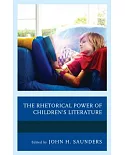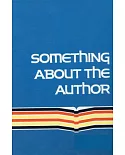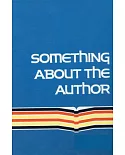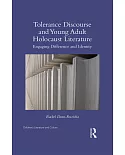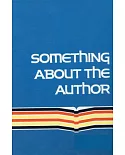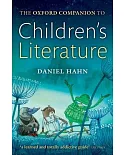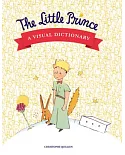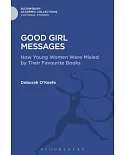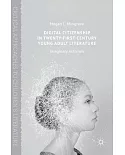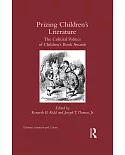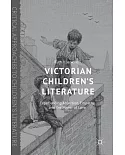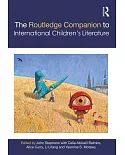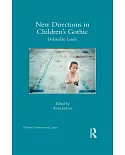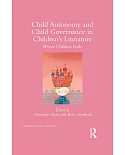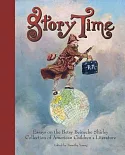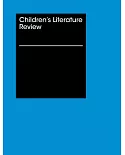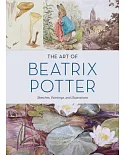In the cultural conversations of the twenty-first century, children's literature of all kinds - classic literature as well as the more recent `crossover' literature of J K Rowling, Philip
Pullman and others - holds an increasingly important place. Many aspects of children's literature are coming to be the subject of serious discussion; partly as an outcome of more theory-based
approaches to literary criticism and the role of literature in society; partly as a result of public concerns about what we are now able to offer our children, as we adjust to the technological
revolution. What is the significance of childhood now? How are we serving our young people, through the provision of stories, whether in book form or through the media?
In March 2006, the School of Education at the University of Hertfordshire began a planned series of conferences intended to look at different perspectives on children's literature. Perhaps
appropriately, in a world where the cult of individualism seems to have reached the limits of sanity and there are few safe havens, the first of these revisits one of the most important
considerations of communal life from the twentieth century, and looks again at the propositions of Marxism.
From Michael Rosen's deep-searching analysis of the cultural propositions of our time to the light-hearted vignette of school life offered by David Harrold; from the considerations of the
literature of Catholicism to a presentation on Marxist issues by Dr. Quack; through writers' own views on science fiction (Conor Kostick, Rhiannon Lassiter and Farah Mendelson) and writing
anti-racism in Britain (Richard MacSween) and in Kenya (Beverley Naidoo), to academic researchers Pat Pinsent, Jean Webb, David Rudd and Anne-Marie Bird.
This many-voiced approach to the issues provides a carnival of reading and a challenge to received thinking. A collection to dip into and consider, and return to again and again.


